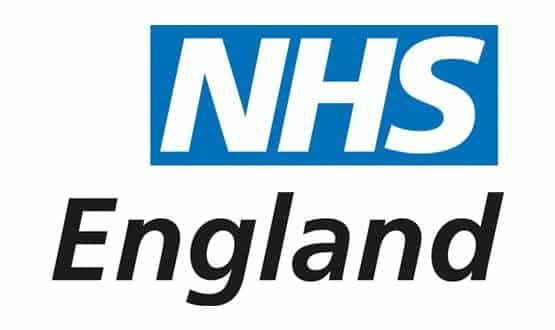Cautious support for data publication
- 18 December 2012

Doctors’ leaders have backed plans to publish outcome data for most surgeons in England; as long as the information is “meaningful” for patients.
In its first planning guidance, issued today, the NHS Commissioning Board says the health service needs to put a new focus on outcomes, and promises a number of new data services for commissioners and patients.
Specifically, it says that outcomes and other quality data will be published for ten medical and surgical specialties, and that NHS Choices will publish “activity, clinical and quality measures and survival rates” for every consultant working in them.
Chair of BMA Council, Dr Mark Porter, described the move as an “extremely ambitious plan”, and expressed some concerned about how the data would be presented.
“We support measures that will allow patients to have more information about their care and health outcomes. However, there is still more to be done to ensure that data about consultants’ performance is meaningful,” he said.
“Basic mortality figures alone could mislead patients because they fail to take into account other factors that might have contributed to the death of a patient.”
Doctors have repeatedly expressed concern that publishing outcome measures can mislead patients if they fail to take account of the difficulty of the procedure and the sickness of the patients involved.
In an apparent attempt to forestall these objections, the new guidance says that the Healthcare Quality Improvement Partnership will develop the methodology for the new measures.
HQIP was established in April 2008, following Lord Darzi’s review of the NHS, and the Labour white paper ‘High Quality Care for All.’
It exists to promote quality in healthcare and, specifically, the development and effectiveness of clinical audit, and is led by a consortium of royal medical colleges and patient groups.
Despite this, Professor Kevin Burnand, a vascular surgeon at King’s College Hospital told the Today programme this morning: “I have two concerns. One, I think groups of patients who look bad will be turned down for surgery.
“Two, surgeons who are performing difficult procedures or who have a run of bad luck with poor outcomes will appear to be poor surgeons when that’s not necessarily the case.”
NHS chief executive Sir David Nicholson told the same programme that he understood the concerns, but that to make the NHS more patient focused patients needed to be given this information.
“We want to give patients more power. The key bit of this is this commitment to both a universally system but a system which is not only committed to that but committed to all of that population having access to it.
“The whole drive around health and equality and making sure no one is left behind is an important part of it.”
Heart surgeons have published outcome data for many years, as a result of the Bristol Royal Infirmary Inquiry. This found that babies undergoing heart surgery at the hospital in the mid-1980s had died unnecessarily; in part because information about its performance was hard to come by and not acted on.
The experience of heart surgeons – and of other countries in which such data has been published – is that patients are not disadvantaged and that outcomes improve.
Anna Dixon from the King’s Fund said she was positive about the new plans. “The emphasis on improving transparency and making more data available to patients and commissioners is welcome,” she said.
Dixon also welcomed other moves in the guidance to deliver more information to both commissioners and patients, saying this should help them to hold providers to account.
However, she warned that: “There are concerns [that] measures, like the friends and family test, which are intuitively appealing as a means to drive improvements are being used to pay for performance.”





